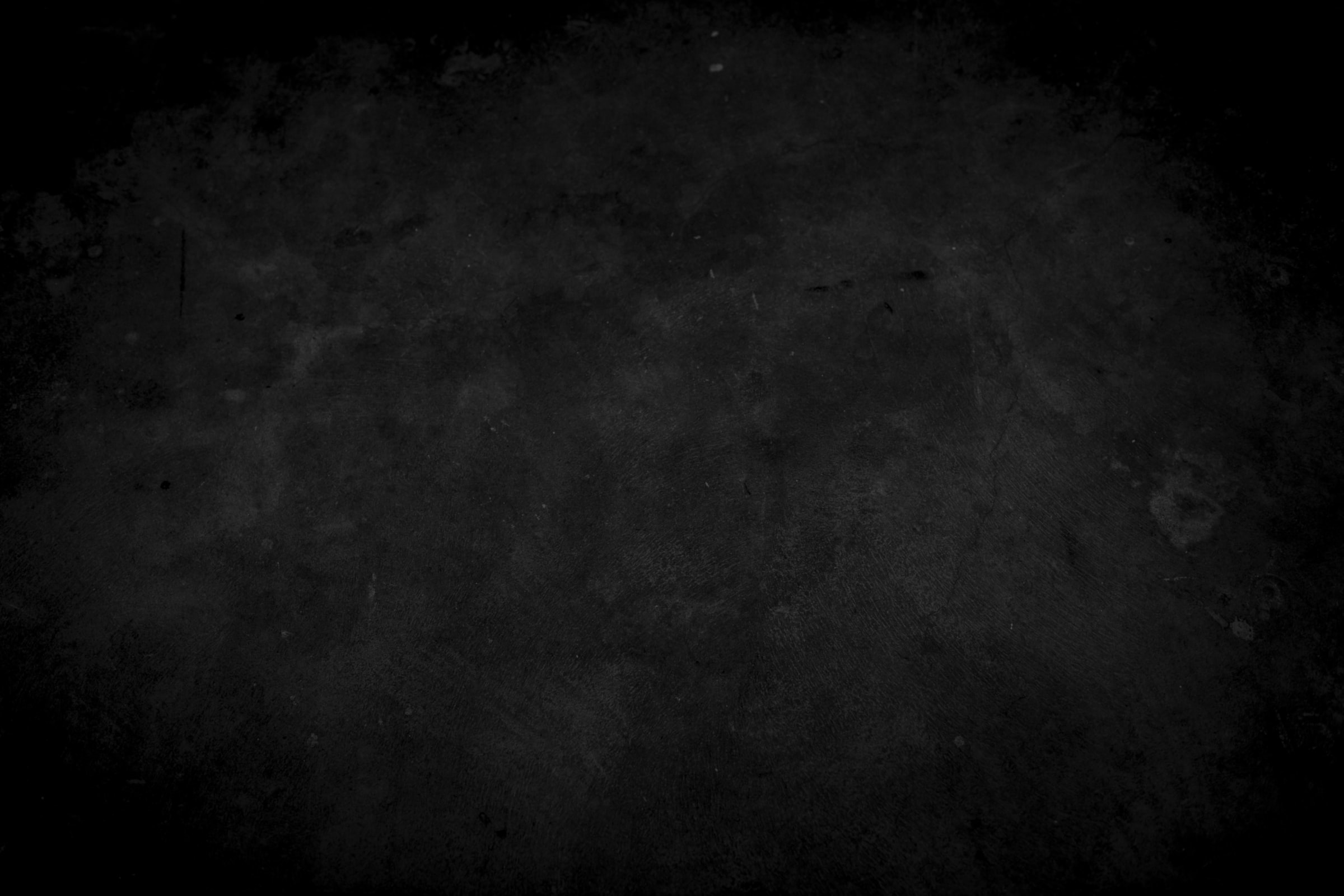

Often when we look at situations, we can either see the positive side or the negative.
Like the negative, the positive can also have a huge impact on the things we do and how our bodies react.
In this past year, I’ve visited a few hospitals. While waiting to meet the doctor, I would look at the others seated around me, also waiting. I found several interesting situations. What caught my interest about those around me was their youth; many of them were in their thirties and forties. As they waited to meet the doctor, they were busy taking calls and conducting both office and personal business. I overheard an assortment of conversations – some were talking about their investments, giving instructions to their office staff, and so on. The stress level in the waiting room was so high. Everyone kept their eyes on the door, waiting to see when the doctor would come so they could be done with this. This further goes to illustrate the amount of stress we live with, even while waiting to meet someone who is going to help us handle the consequences of that stress.
A global well-being study conducted by healthcare major Cigna Corporation found that 82% of Indians are suffering from work-related stress. “Stress levels in India remain very high compared to other developed and emerging countries such as the USA, UK, Germany, France and Australia,” the Cigna 360 Well-Being Survey 2019 noted. Those in the age-group of 35-49 years—termed the sandwich generation—are the most stressed of the lot, followed by millennials.”[i]
It all comes from the fact that we find ourselves in situations we are unable to handle, and the consequences begin to manifest in our bodies. People who research this say that it has to do with one’s mindset. There could be other factors here, but one of them is that we often look at life negatively. We allow things that are negative to weigh us down and infringe upon our quality of life.
I remember someone saying, “An optimist is one who sees the light at the end of the tunnel, while a pessimist is one who sees the light at the end of the tunnel and thinks that it is a train coming through.” Often when we look at situations, we can either see the positive side or the negative. Like the negative, the positive can also have a huge impact on the things we do and how our bodies react.
Catherine Pulsifer says, “How we perceive a situation and how we react to it is the basis of our stress. If you focus on the negative in any situation, you can expect high-stress levels. However, if you try and see the good in the situation, your stress levels will greatly diminish.”[ii] If we focus on the negative, it’s bound to have a negative effect on us. The key to turning that around is to be in some kind of control – to look at a situation and say, “I’m not going to look at it negatively; I’m going to look at it positively.”
in positivity.
Marilu Henner mentions that being in control of every situation is key. “Being in control of your life and having realistic expectations about your day-to-day challenges are the keys to stress management, which is perhaps the most important ingredient to living a happy, healthy, and rewarding life.”[iii]


“The greatest weapon against stress is our ability to choose one thought over another,” says William James.[iv] We need to understand that we can choose not to dwell on a particular thought. This will give us the control that allows us to be on top of a situation, and take away negativity and bring in positivity. Maureen Killoran adds, “Stress is not what happens to us; it’s our response to what happens,
and response is something we can choose.” [v]
Albert Ellis is the founder of Rational Emotive Behavior Therapy (REBT). He came out with the ABCs of REBT, which are the activating agent, belief system, and resulting consequences.[vi] He later expanded it to read as the ABCDEs of stress management. I’ve used this many times in my life and it has helped me.
The ABCDE of handling situations:
B: distorted Belief
C: the emotional Consequence
D: Disputing the irrational thought
E: Exchanging the irrational thinking with rational thoughts and behavior[vii]
Here’s an example: I’m sitting in my office and I have an appointment at eleven o’clock in the morning with someone. The way I handle an appointment is that at the start time, I clear everything on my desk and get ready for that person to walk in. For the sake of this illustration, I realize that it is past the time and the person hasn’t shown up. That’s the activating event. Now, the belief comes in and this is the point where it can get distorted. I think about it and say, “I’m going to be having a meeting with this person every week, and if this is going to be the case, then I’m dealing with a perpetual latecomer.” This leads me to the emotional consequence: I’m irritated. If the person is 15 minutes late, I get angry. It begins to affect me, and that causes more stress in my life.

Next is “D,” dispute the irrational thought. The irrational thought is that I’m dealing with a perpetual latecomer. It’s not true since this is my first meeting with this person. Could it be that they have been here since eleven o’clock in the morning, trying to find parking? In light of this possibility, the irrational thought exits. Finally, we come to “E” – exchange the irrational thinking with rational thought and behaviour. So, I say to myself, “Okay, it is possible that they’re having problems with parking.” What do I do? I need to switch gears and carry on with my work, and think to myself, “When they finally arrive and give me the reason for their lateness, then I will respond to it. I will not assume anything about it.” And so I get back to work having taken control of the situation, and my stress levels have come down.I’ve used this so many times in situations and it’s really helped me to move away from worrying and getting caught up with anger and irritation.
Here’s a poem I love that brings home a very valid point:
Said the robin to the sparrow:
“I should really like to know
Why these anxious human beings
Rush about and worry so.”
Said the sparrow to the robin:
“Friend, I think that it must be
That they have no heavenly Father,
Such as cares for you and me.”[viii]
Friends, in our Scripture, God says over and over, “Don’t worry! Look at the birds of the air. They don’t sow; they don’t reap or gather into barns. Yet, your Heavenly Father feeds them.” Then He asks this question: “Are you not worth much more than them? So why worry? Can worrying add a single day to your life?”[ix] No. In fact, it takes away days from our lives. As Corrie ten Boom, an Auschwitz survivor in Nazi-occupied Germany, said, “Worry does not empty tomorrow of sorrow; it empties today of strength.”[x]

How true! When we worry, we lose strength and perspective. Almighty God says, “Don’t worry!” We have coping skills, as Albert Ellis and Don Colbert have helped us see, that we can apply. My hope is that you will apply the ABCDEs in your life and celebrate the decrease in stress levels.
May I pray with you?
Almighty God, our heavenly Father. Thank You for continually watching over us. Thank You for inviting us to cast our cares upon You and reminding us so many times that You care for us. Increase our ability to trust You more and to lean on Your understanding of situations and circumstances. Keep us free from the ill effects of stress and help us to live our lives in harmony and equilibrium. We pray this in Jesus’ precious Name. Amen.
[i] ET Bureau, accessed February 27, 2020, https://economictimes.indiatimes.com/wealth/personal-finance-news/82-indians-bogged-down-by-stress-cigna-360-well-being-study/articleshow/68615097.cms?from=mdr
[ii] Catherine Pulsifer, qtd. in Famous Success Quotes by Aberdin Louis (Brooklyn: Author, 2015), 98.
[iii] Marilu Henner, qtd. in “Managing Stress” by Susan Sloop, Grand Valley State University, accessed June 1, 2016, https://www.gvsu.edu/healthwellness/managing-stress-226.htm
[iv] William James, qtd. in “Influential Past Teachers,” Awaken Past Teachers, accessed June 1, 2016, http://www.awaken.com/2013/07/william-james/
[v] Maureen Killoran, qtd. in “Stress Management,” Hemi Sync, accessed June 1, 2016, http://www.hemi-sync.com/hemi-sync-technology/hemi-sync-articles/stress-management/
[vi] The Albert Ellis Institute, “Rational Emotive & Cognitive-Behavior Therapy,” accessed June 1, 2016, http://albertellis.org/rebt-cbt-therapy/
[vii] Albert Ellis and Windy Dryden, The Practice of Rational Emotive Therapy (New York: Springer, 1987).
[viii] Elizabeth Cheney, qtd. in “Quotable Quotes,” GoodReads, accessed June 1, 2016, http://www.goodreads.com/quotes/714001-the-robin-and-the-sparrow-said-the-robin-to-the
[ix] Paraphrase of Matthew 6:25-27.
[x] Corrie ten Boom, qtd. in BrainyQuote.com, accessed June 1, 2016, http://www.brainyquote.com/quotes/quotes/c/corrietenb135203.html.

Dr Cecil Clements
Dr Cecil Clements is the Founder & Sr. Pastor of The Church at Powai, the President of PLACE (Program for Leadership Advancement & Continuing Education), and the author of ‘Corporate Capsules.
